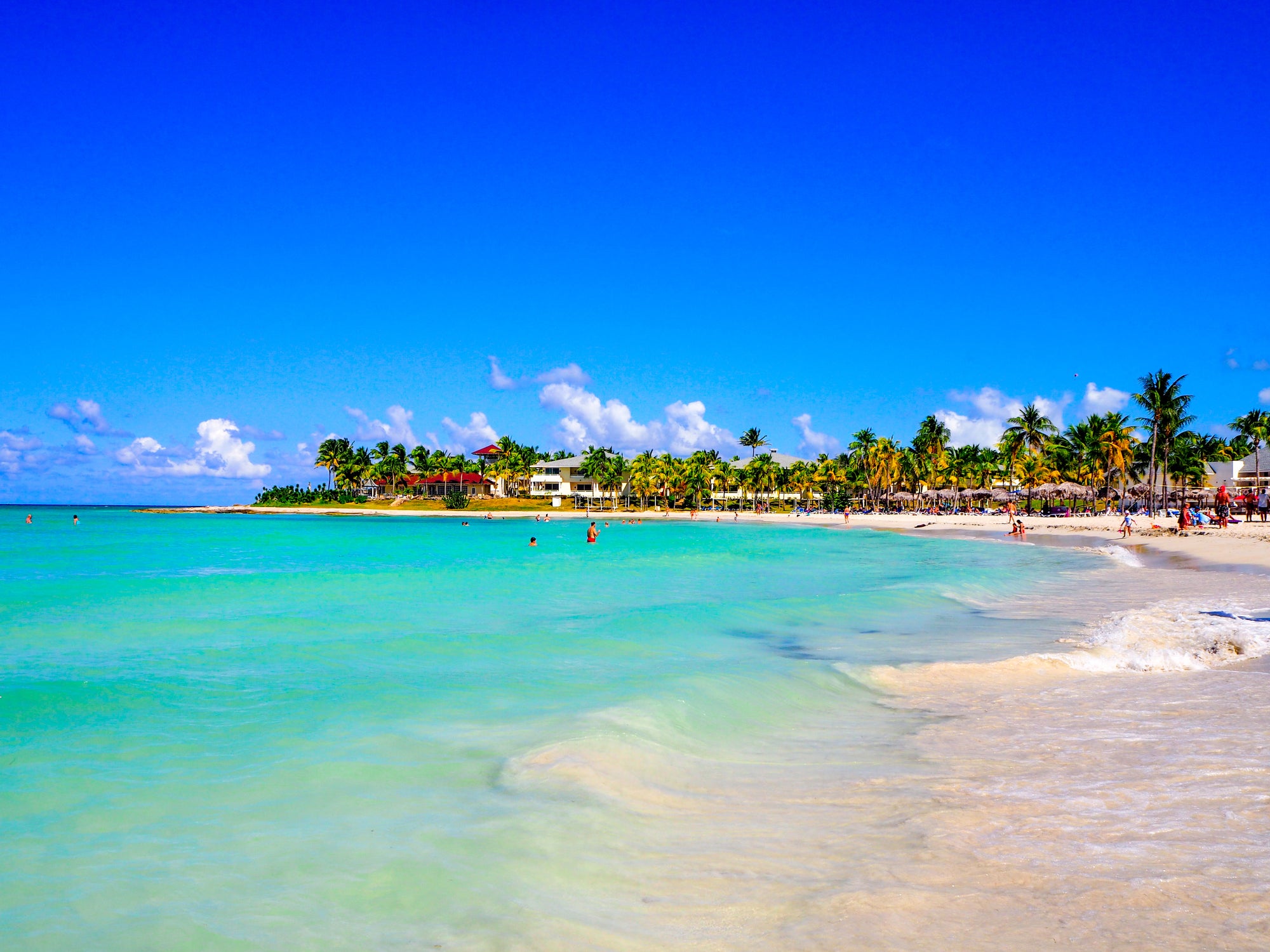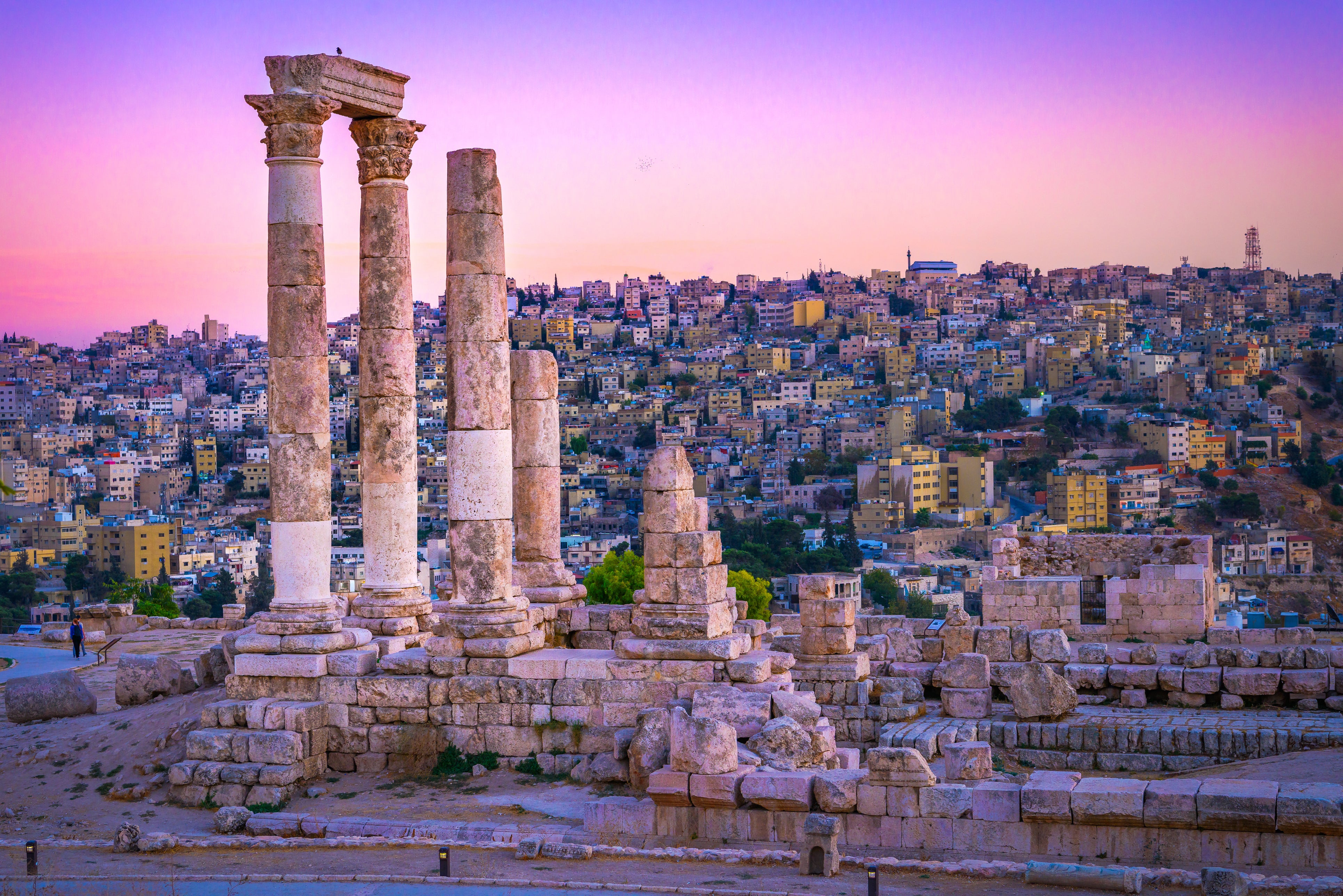Is there a reliable website for checking the prices of aviation fuel?
Simon Calder answers your questions on aviation fuel prices, visiting Cuba and celebrating a wedding anniversary in the Middle East


QIs there a reliable website for checking prices of aviation fuel to see what it costs now to, say, the middle of last year? I would like a clue as to when airlines will lower flight prices.
AB
A The source I use is the Jet Fuel Price Monitor compiled by the International Air Transport Association (Iata) and published every Friday. The current average global price of jet fuel is $1,135 (£930) per tonne. At cruising altitude and speed, that represents about half an hour or 250 miles for a Boeing 737 or Airbus A320. The price is up almost 40 per cent on this time last year, before the Russian invasion of Ukraine triggered a spike in energy costs. And to answer your question precisely: the price on 1 July 2022, the middle of last year, was just 7 per cent higher than today.
However, that does not suggest that fares should be a few percentage points lower than last summer to take account of the small drop. Airlines tend not to pay “spot” prices. They will typically “hedge” some or all of their fuel requirements, locking in to a particular rate. For example, for a large part of last summer Ryanair was paying about one-third less than the spot rate. That was good news for the company, which conversely lost a fortune during the coronavirus pandemic – having committed to buying a vast amount of fuel that it could not use.
Airlines hedge to buy predictability on their costs, rather than being vulnerable to sharp swings in fuel prices, and to allow them to plan operations with a clear idea of how much they will cost. But the effects of movements in fuel costs take a long time to work through, and at any particular moment carriers will charge whatever the market will bear in terms of fares. Supply is determined by a wide range of factors, including longer-term fuel costs. When energy prices fall, airlines will typically plan to expand, which can lead to fares falling. But I am afraid that even when fuel costs settle to their “natural” level it will take time before you notice in terms of the price of your ticket.

Q We are going to Cuba for the first time in March – on a two-week all-inclusive trip to the resort of Varadero. We want to explore some of the island, in particular Havana. How do you advise going about it?
Deborah B
A Varadero has always been Cuba’s leading resort: a beautiful, 20km peninsula with a picture-perfect strip of beach. Many holidaymakers happily remain there throughout their stay, but it is a shame not to get out and about to see more of this fascinating nation.
An excellent place to get a first experience of “real” Cuba is the town of Cardenas, just 15km from where the Varadero peninsula begins. Negotiate with taxi drivers for a trip out, for which you might pay the equivalent of £20, and then find a local driver to take you back for perhaps £10.
You can happily spend a morning or afternoon in this atmospheric, though somewhat decrepit, port. Most of what passes for action takes place along Avenida Cespedes. Don't miss Plaza Malakoff, with its extraordinary market building: a massive two-storey affair in the shape of a cross, with a dome at the centre and lovely wrought-iron balustrades.
If this excursion goes well, consider the city of Matanzas – on an attractive bay 35km west of Varadero. It is known, ambitiously, as the “Athens of Cuba”, and does have some attractive buildings on the main square. Ideally, you could build Matanzas into a trip to Havana, for which I urge you to forego a night of your all-inclusive and stay overnight. Exploring Old Havana and the city beyond should not be rushed. I tend to stay at the Caribbean, which is a small and inexpensive hotel well located close to Old Havana and the seafront Malecon. Take a minimum of luggage to Havana because street crime can be a real problem.
For transport, the Viazul bus is the most reliable option: try to book your tickets as soon as you arrive in Cuba. I don’t recommend car rental because the roads are mostly terrible and, in Havana, parking and security are both tricky.

Q We shall be travelling to Jordan and Egypt soon to celebrate our 50th anniversary. Will evidence of our visit on our passports affect possible access to the US in the future?
Rob
A Congratulations on your golden wedding. The honest answer to your question is: I cannot say. As things stand passport stamps from either country should not present a problem. Evidence of a visit to anywhere in the Middle East, though, can trigger some questioning from airport security before you board your flight to the US. As you will be able to testify that this was simply a holiday, there is no need to worry.
My concern is: the US has recently demonstrated its preparedness to backdate travel bans. People who have previously visited Cuba are discovering that the passport stamp has retrospectively become a problem. Two years ago Donald Trump, in one of his final acts as president, placed Cuba on the list of “state sponsors of terrorism” alongside Iran, Syria and North Korea. Evidence of a visit to the island since March 2011 means the traveller cannot obtain a quick and easy online “Esta” permit to visit the US, and must instead apply for a full visa. While it is difficult to envisage any circumstances in which Washington DC might impose a similar sanction on Egypt or Jordan, it cannot be completely ruled out. A number of travellers have successfully “laundered” any evidence of having visited Cuba simply by getting a new passport.
One aspect of your trip that is more likely to cause a problem elsewhere is how you travel between Egypt and Jordan. The obvious overland connection involves crossing by land from Taba in east Sinai to the Israeli resort of Eilat and onwards to Aqaba in Jordan. This involves an interesting series of frontiers and will give you a welcome taste of the far south of Israel; hiking in the hills rising to the southwest of Eilat is excellent, if you get a chance to try it.
Israeli border officials will not stamp your passport, but will instead give you a printed slip to record your entry. You might imagine that this suppresses any evidence of a visit to Israel, which would otherwise prevent you from visiting a number of Islamic countries. But you will get a stamp at Taba in Egypt that indicates you have crossed the frontier by road there – and the only country you could possibly have been to is Israel.
I find having two UK passports, which is perfectly legal and easy to organise if you have a valid reason, is a good way to manage admission to some ideologically opposed nations.
Email your question to s@hols.tv or tweet @simoncalder






Join our commenting forum
Join thought-provoking conversations, follow other Independent readers and see their replies
Comments